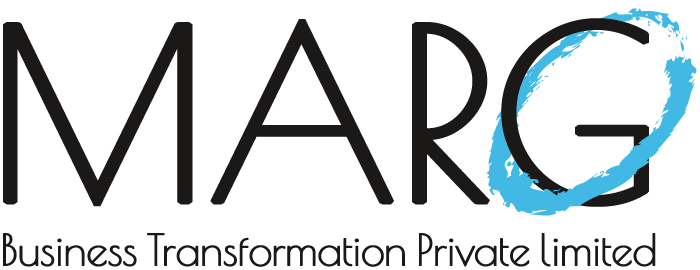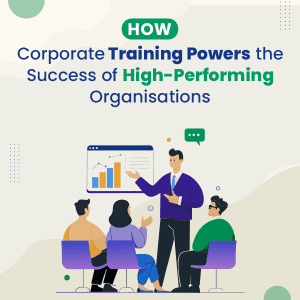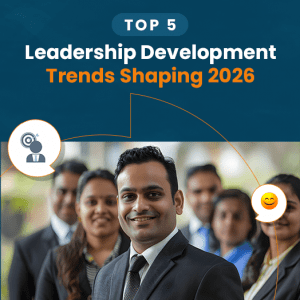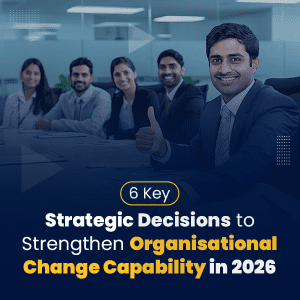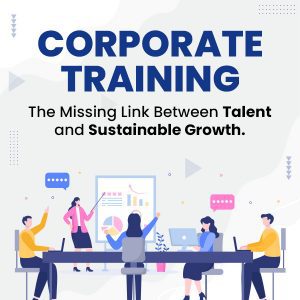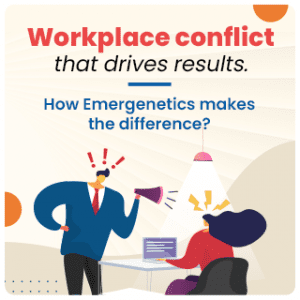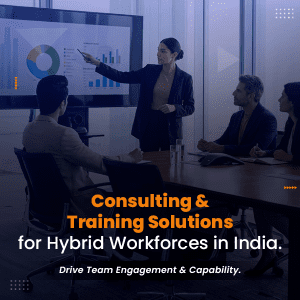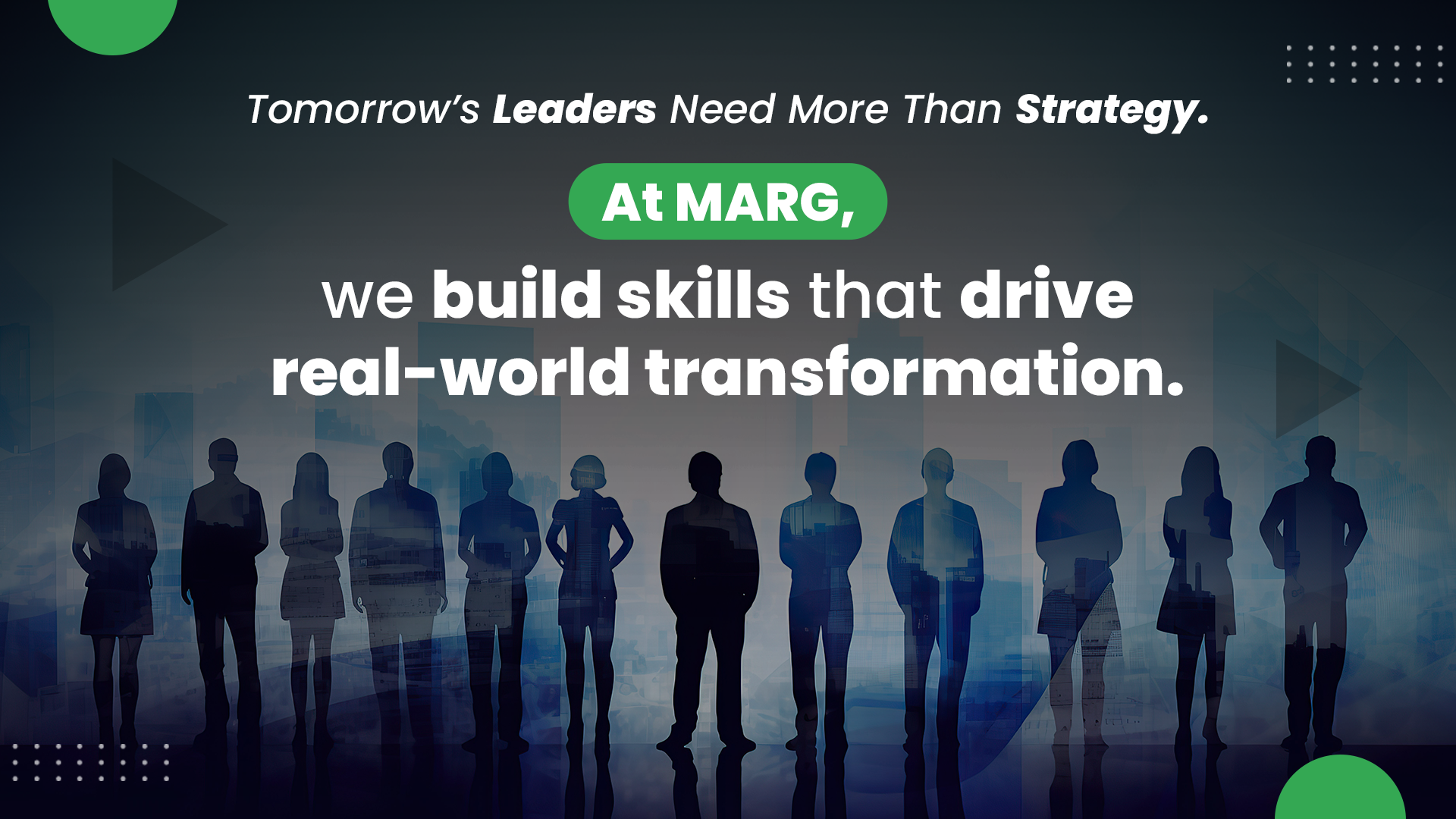
According to a Gartner survey, only 47% of leaders feel confident about their ability to lead in today’s evolving business environment. That’s not a minor gap – it’s a capability crisis. As the workplace transforms at breakneck speed, organizations are being forced to reimagine what future leadership skills really mean.
Here’s what we’ve seen at MARG Business Transformation, consistently across sectors like BFSI, manufacturing, and pharma in India: traditional leadership development programs fall short when they don’t build these skill sets into real-world leadership. That’s why we’re bringing you a fresh take on soft skills training with impact.
-
Adaptability in UnstableContexts
In a recent Business Insider piece, Jennifer Dulski (ex-Google, Facebook) said adaptability outpaces technical ability in Big Tech leadership success (gartner.com, seismic.com, ft.com, businessinsider.com). That’s accuracy.
Leaders need to model this agility. Not just adapt personally—but help teams shift gears and thrive.
-
Empathy at Scale
Emotional intelligence is no luxury—it’s a leadership imperative. A VerywellMind article reminded us that EQ contributes up to 80% of success, compared to 20% from IQ (verywellmind.com).
Leaders must build human connection in distributed teams—checking in weekly, noticing stress and etc..
-
Ecosystem Thinking
Today’s challenges span customer service, technology, data security—you name it. Leaders can’t stay in silos. According to Gartner, effective future leadership skills hinge on digital and human competencies, and on complementary leadership pairings.
-
Effective Communication in Hybrid Settings
You might be excellent in-person. But can you engage a team when half of the team based out in different regions? Clarity, brevity, and context matter more than ever.
This skill shows up in weekly sync-ups, decision logs, and visual anchors shared digitally.
-
Collaboration: Breaking Silos
It’s not about meetings—it’s about peer-to-peer problem solving across departments or functions.
Collaborative leadership is a distinct practice. Wikipedia defines it well: leaders who can coordinate without authority and build coalitions (gartner.com).
-
Growth Mindset and Learning Agility
With tech evolving daily, the future is a continuous learning journey. Gartner’s research calls for leaders to “activate a culture of learning” to build a future-ready workforce (gartner.com).
-
Global Perspective, Local Empathy
Leaders may collaborate with a team in APAC or US. That requires cultural sensitivity—adapting your style contextually.
Soft skills training should include mini-cultural immersions to stretch comfort zones.
-
Ethical Judgment in the AI Era
With AI in hiring, performance reviews, and customer engagement, ethical considerations can’t be an afterthought. Decision-makers must ask:
- – What data are we using?
- – Who gets impacted?
- – What unintended biases might emerge?
Harvard research links real-world soft skills training like problem-solving to better human-tech alignment.
What This Means for Leadership Development
These are no longer optional. They’re foundational future leadership skills. If your leadership programs lean heavily on PPTs and playbooks, they’re missing the empathy, adaptability, and ethical nuance leaders urgently need.
That’s why soft skills training today must include:
- – Peer learning pods with cross-functional peers
- – Role-plays for hybrid team challenges
- – Coaching modules on EQ resilience
- – Ethical ‘red teaming’ around AI
Now – Why Contextual Delivery Matters
We recall working with a team at a financial services firm:
They launched a leadership program with great content. But six months later, participants shared candid feedback: “It felt distant. Not relevant.”
They didn’t need new content—they needed the same training contextualized for their world: regulatory challenges, Indian workplace dynamics, and a hybrid setup.
Our redesign took just 4–5 weeks—not months—but the difference was transformational.
At Marg, we specialize in making leadership development relevant to your context.
- – Our data shows leaders retain more from short, nudge-based sessions than from long, static programs.
- – For example, pushing a two-minute EQ check-in before an all-hands meeting sticks far better than a 3-hour training session.
- – At Marg, we embed soft skills training into the flow of work—because that’s where change truly happens.
Bringing It All Together
If your goal is to develop leaders for tomorrow, not yesterday, ask yourself:
- – Are we building future leadership skills or recycling old content?
- – Does our program include real ethical, EQ, and hybrid challenges?
- – Are our leaders learning in context—not in isolation?
Final Thoughts
If you’re ready to embed these leadership skills into your L&D strategy and culture, our workshops provide a solid foundation.
Participants don’t just study—they practice in real scenarios with peer accountability and coaching.
At MARG, our programs are built to equip your people with the future leadership skills today’s transformations demand—from emotional intelligence to ethical reasoning in the age of AI.
Our approach to soft skills training is immersive, adaptive, and focused on behavioral shifts that last. Leaders don’t just learn. They internalize, apply, and lead with impact.
Let’s build leaders who thrive in 2025 -and beyond.
Read More – AI in Leadership Training: How MARG is Revolutionising Corporate Leadership Programs
